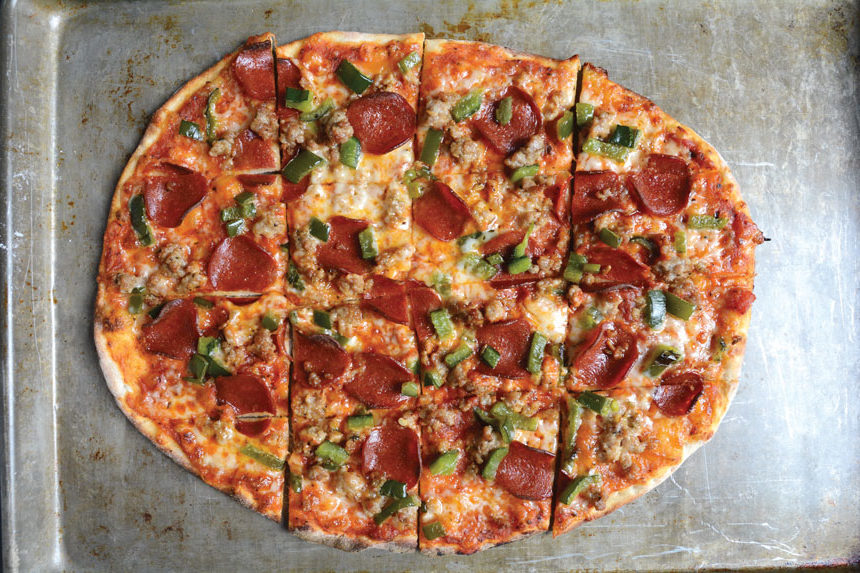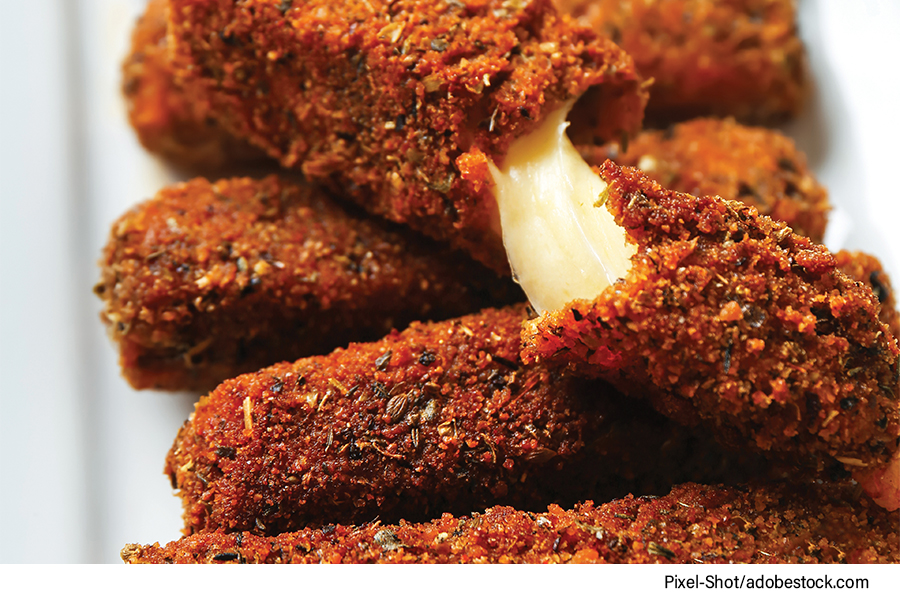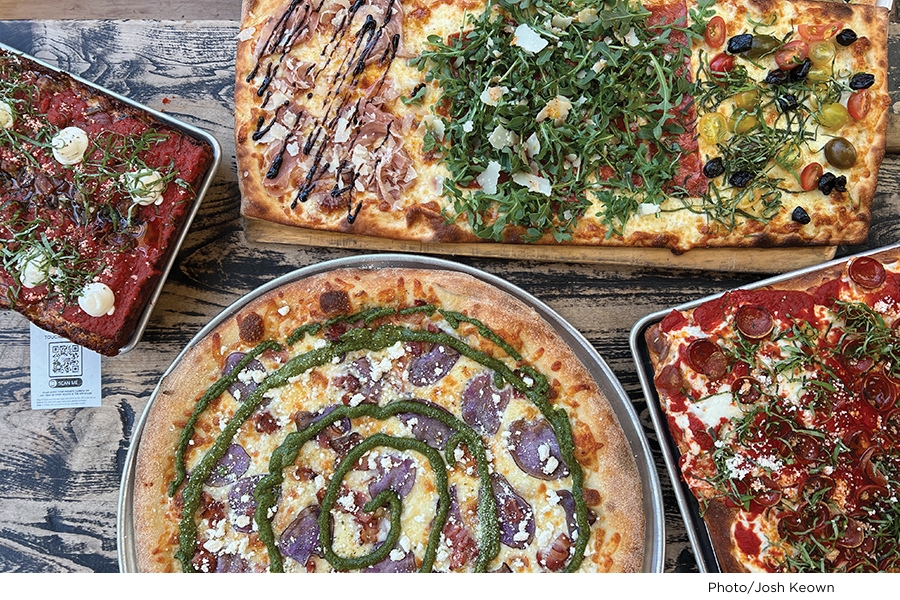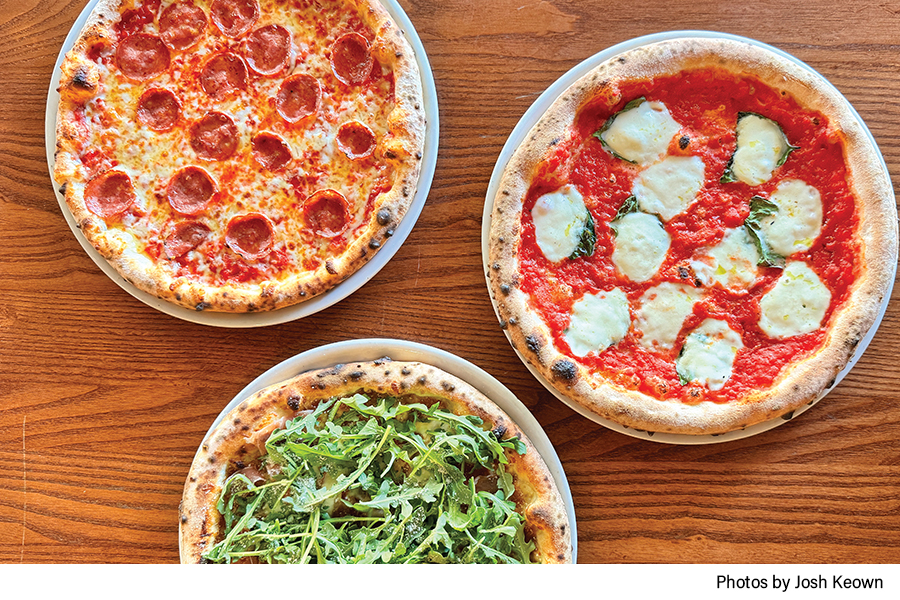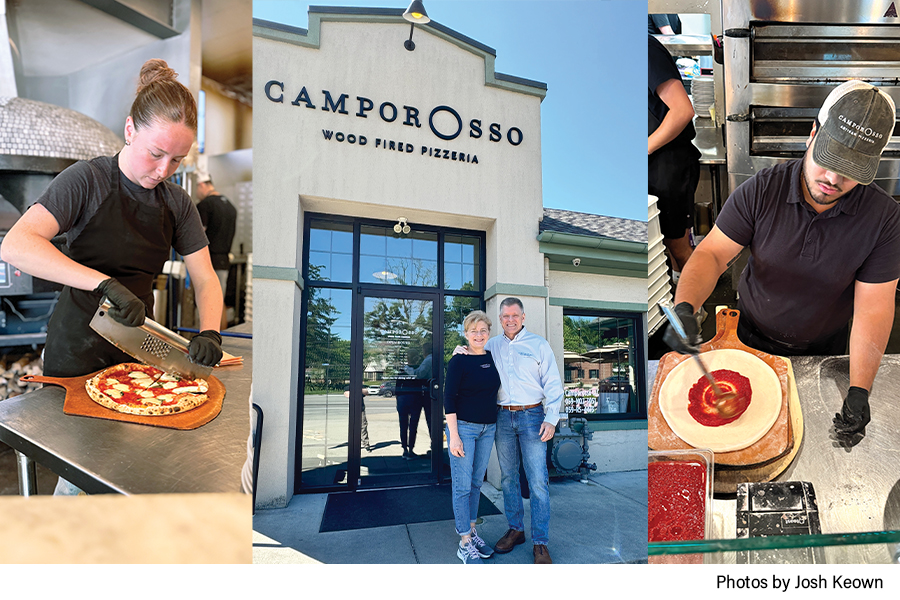How to Handle Copycats
You’ve finally done it! After months of research and development, the time has come to introduce the world to the fruits of your labor. It’s a pizza so advanced, with a dough process so radical and a topping combination so unexpected, there’s no possibility that anyone on Earth attempted it before you. Launch day arrives and your dreams start coming true. Customers love it and the press can’t get enough. You have achieved greatness. You’re a hero. Then one week later, the pizzeria down the street steals your idea. Time for revenge? There’s got to be a better way.
First take a moment to remind yourself that imitation is the most sincere form of flattery. You’ve inspired someone! It stings that they’re taking away your thunder, but those who lack the creativity to innovate on their own usually have a low ceiling for adaptation and growth. They might make a splash with your menu item, but they’ll have to work harder to keep up as you continue to innovate.

Scott Wiener
Founder, Scott’s Pizza Tours and SliceOutHunger.org
The worst thing you can do in this situation is aim your anger at your copycats. Don’t go telling the press that you’ve been ripped off and definitely don’t tell your friends to write negative online reviews about the thief. Instead, use this as an opportunity to boost yourself without detracting from them. Post some signage that you serve “The Original Frog Legs Pizza” and add similar callouts to your menu. Talk about how proud you are to see your idea on other pizzeria menus. You catch more flies with honey than you do with vinegar.
I’ve heard pizzerias make silly threats about suing for copyright infringement, but that’s almost never possible. You can’t copyright a recipe; you can only copyright the expression of the recipe in a book or similar publication. You can trademark a name, but that doesn’t cover the actual product. More importantly, it’s extremely unlikely you really created something that’s never been done before. Take, for example, the legend of the Hawaiian pizza. Common lore says it was invented by a Greek-born Canadian called Sam Panopoulos at his Satellite Restaurant in 1962. I have no doubt that he created his first Hawaiian pizza without seeing it anywhere else, but that doesn’t mean it didn’t exist. There’s plenty of evidence showing both pizza with pineapple and pizza called Hawaiian existed in the U.S. as much as a decade earlier.
On the other end of the spectrum, it’s actually becoming more common for pizzerias to advertise how other pizza makers have inspired them. Tribute Pizza in San Diego lists the inspiration for each pie directly on their menu, with over a dozen references to their favorite pizzerias or pizza makers. Emily in NYC has a pie called the Jerrier, named after Jay Jerrier of Cane Rosso in Texas. Motorino in Brooklyn has the Don Dom, inspired by Dom Demarco of Di Fara Pizzeria. These are all instances of homage, not theft.
No pizza emerges in a vacuum. If you’re making something good, you’re doing it with inspiration from all angles. If you’re making something really good, you’ll inspire others as you go. As long as you do it with respect and kindness, you can’t go wrong.
SCOTT WIENER is the founder of Scott’s Pizza Tours in New York City and SliceOutHunger.org Instagram: @scottspizzatours

